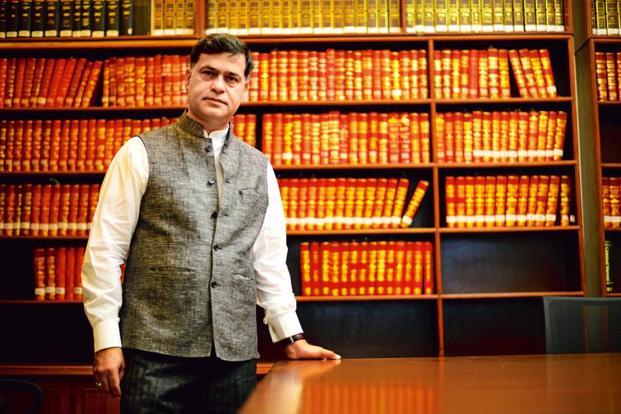Senior counsel Siddharth Luthra on Tuesday submitted before the Supreme Court that the issues raised by advocate ML Sharma, appearing on behalf of Mukesh Kumar, in the present review petition following the apex court’s judgment have already been considered by the trial court, affirmed by the Delhi High Court and finally by the apex court sitting as a court of appeal. Mukesh Kumar is one of...

